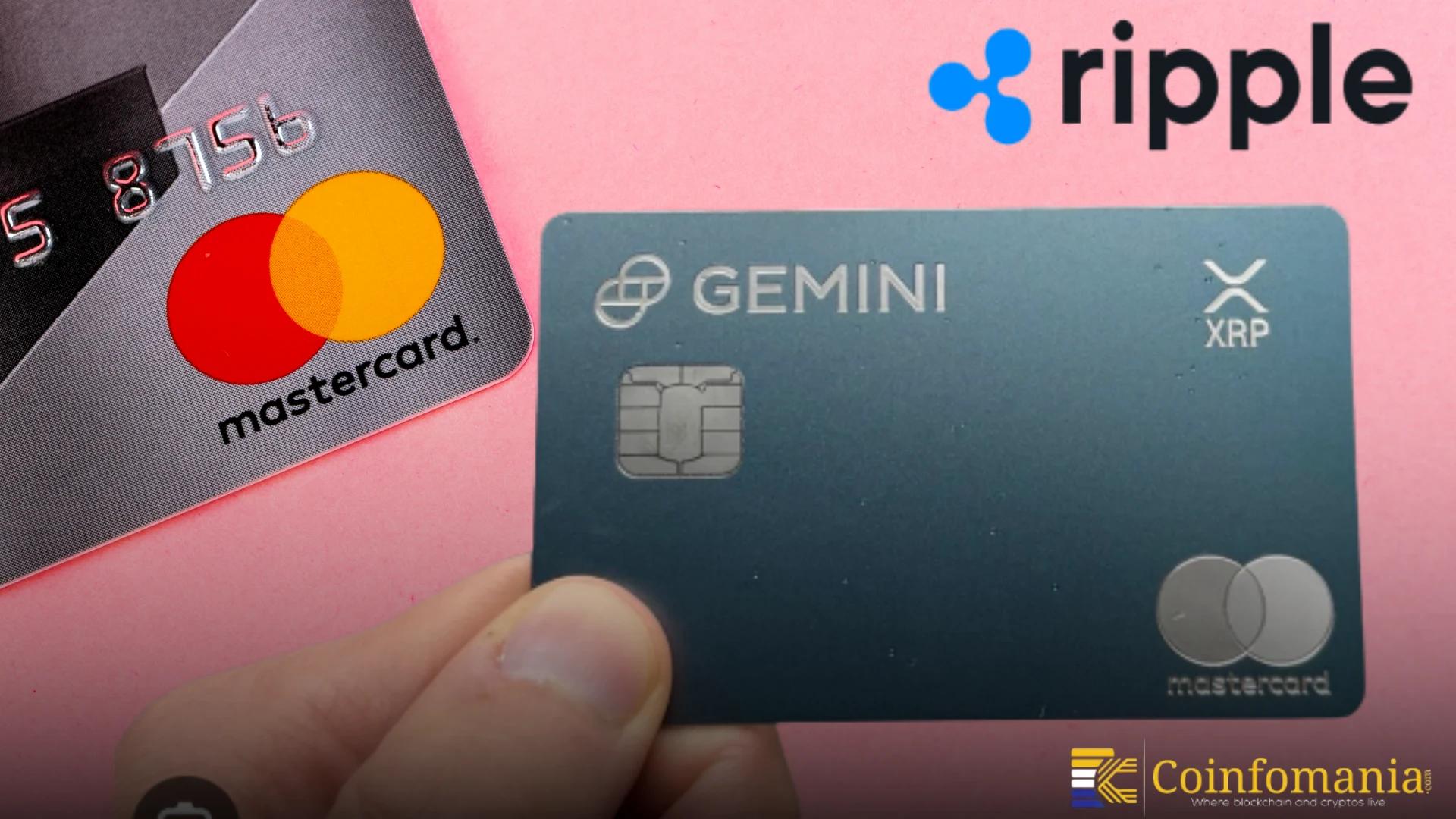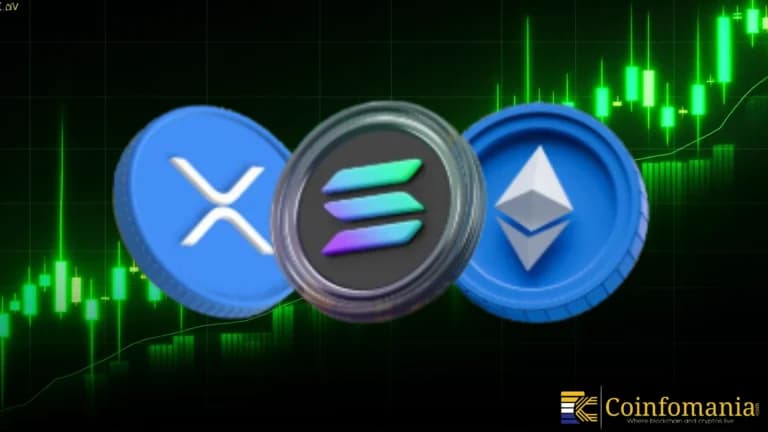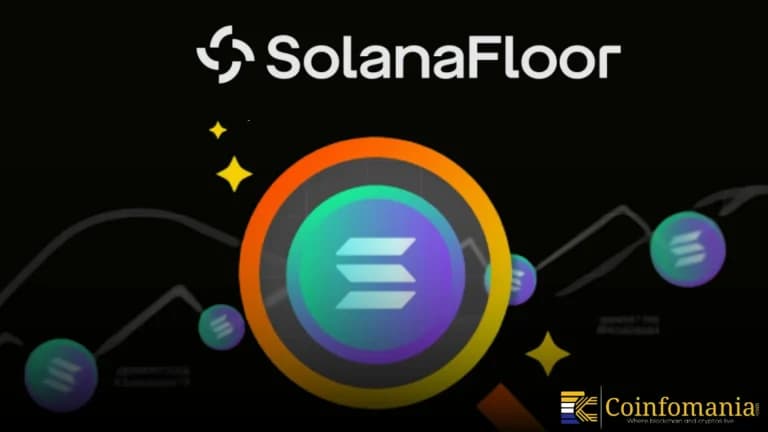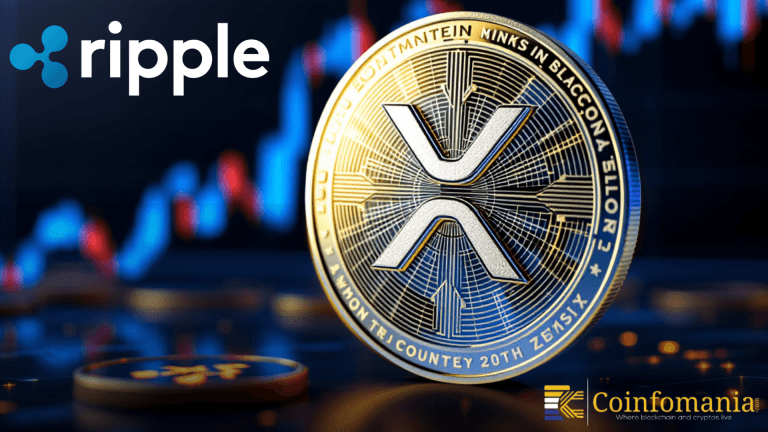Mastercard, Ripple, Gemini explore XRPL stablecoin for card use
Mastercard partners with WebBank to pilot using the regulated RLUSD stablecoin on the XRPL for settling traditional credit card transactions.

Quick Take
Summary is AI generated, newsroom reviewed.
The initiative could be one of the first where a regulated U.S. bank settles fiat card transactions using a regulated stablecoin on a public blockchain.
The partnership aims to integrate blockchain-based finance into traditional payments for faster and more transparent settlement.
WebBank, the issuer of the Gemini Credit Card (including the XRP Edition), will participate in the RLUSD settlement pilot.
This move signals Mastercard's deepening involvement in digital asset infrastructure and exploring stablecoin utility for institutional settlement.
Mastercard has announced a major partnership with Ripple and Gemini. To explore using the RLUSD stablecoin on the XRP Ledger (XRPL) for settling traditional credit card transactions. The collaboration could mark one of the first real-world cases. Where a regulated U.S. bank settles fiat transactions on a public blockchain using a compliant stablecoin. The initiative aims to bridge the gap between traditional payments and blockchain based finance. This signals Mastercard’s deeper involvement in digital asset infrastructure.
Mastercard Pushes Blockchain Integration
According to the companies, this collaboration represents a key milestone in merging regulated finance with blockchain technology. Once implemented, Mastercard’s system could allow banks to settle payments through a regulated stablecoin. It offers faster and more transparent transactions.
Mastercard has steadily expanded its digital asset partnerships over the past year. In June, it teamed up with Chainlink to enable on-chain fiat to crypto conversions. This makes it easier for users to purchase crypto directly through Mastercard’s network. The company’s latest move builds on that strategy by exploring stablecoin settlement. A step toward integrating blockchain-based payments into the global financial infrastructure.
Ripple and Gemini Take the Lead
Ripple, the firm behind the XRP Ledger, plays a central role in this initiative. XRPL is an open source blockchain known for its speed and low cost transactions. It is primarily designed to improve payment efficiency. Ripple has long advocated for using blockchain in institutional finance. Additionally, this partnership brings that vision closer to mainstream adoption.
Gemini, the crypto platform founded by Cameron and Tyler Winklevoss, is also a key player. The exchange already offers an XRP edition of its credit card in partnership with WebBank. Which allows users to earn rewards in XRP tokens. Last month, Gemini expanded the concept by launching a Solana edition of its credit card. This gives users up to 4% back in SOL tokens on purchases. In essence, “Through the Gemini Credit Card, we’re advancing how digital assets are integrated into everyday spending,” said Dan Chen, Gemini’s Chief Financial Officer.
WebBank and RLUSD Settlement System
WebBank, the issuer of Gemini’s credit card, will also participate in the RLUSD settlement pilot. The initiative aims to demonstrate how stablecoins like RLUSD. That can facilitate secure, efficient, and compliant settlement between banks and payment processors. Furthermore, the move reflects growing demand from crypto firms to diversify revenue streams. Specifically, it attracts new users by offering crypto-linked debit and credit cards for everyday purchases.
Mastercard also announced a separate collaboration with Humanity Protocol, a digital identity provider. Together, they plan to explore how open finance technology can expand access to credit, loans and real world financial services. Specifically, they will do this through blockchain-powered identity systems.
A Step Toward Blockchain-Based Banking
This new partnership positions Mastercard at the forefront of blockchain integration in global payments. Specifically, by leveraging Ripple’s XRPL and Gemini’s expertise in digital assets, the initiative could reshape how stablecoins are used in everyday finance. If successful, it could pave the way for regulated banks to use public blockchains for transaction settlement. It is transforming the way credit and debit card systems operate and bringing blockchain one step closer to everyday financial life.
Follow us on Google News
Get the latest crypto insights and updates.
Related Posts

GLOBAL OIL SHOCK FEARS — Strait of Hormuz Threat Sparks Panic Across Crypto Markets
Triparna Baishnab
Author

Solana Adoption: Banks and Governments Are ALL IN?!
Triparna Baishnab
Author

RIPPLE PUSHES BANKS TO ACT — Clarity Act Could Reshape Crypto Rules
Triparna Baishnab
Author